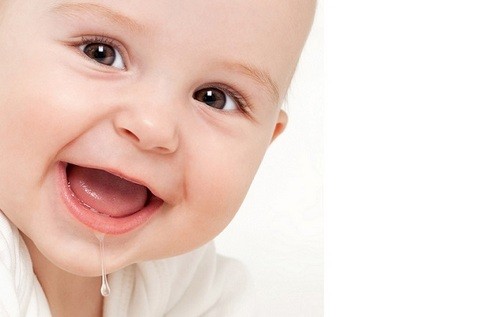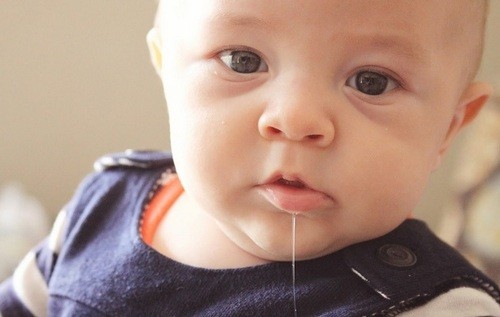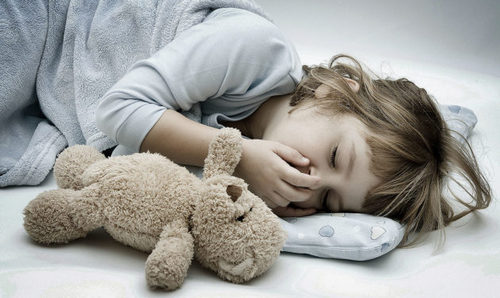The folk wisdom says: drooling at the baby – teeth will soon climb. However, doctors do not share this statement, despite excessive salivation in 2-3 months, the first teeth usually appear after the sixth month.
Should I rush to the doctor and look for problems in excessive salivation?
The baby’s salivary glands are capable of producing saliva in the womb. A couple of months after birth, saliva production increases significantly. Thus, nature took care of protecting the child’s body from various infections that enter the mouth.
Why saliva is needed
Another useful quality of saliva that is worth noting is the breakdown of starch into sugar thanks to the special enzymes that make up its composition. This property positively affects the digestion of food that enters the baby’s stomach. Yes, and less painful teething is also her merit.

Salivation increased
Despite the foregoing, there are times when increased salivation is worth paying close attention to. Drooling in a 2-month-old baby may be more likely to be associated with a runny nose than teething. If the baby, with excessive salivation, also breathes with his mouth, this may indicate a nose clogged with snot. If there is no runny nose, and the baby is drooling, why not examine his mouth to exclude the presence of ulcers or inflammation of the oral cavity.
Closer to 6 months, the baby’s salivation can really increase, this will be the first evidence of the early appearance of the first teeth. Effectively wetting the gums, saliva reduces the pain caused by teething. During this period, pay more attention to dry clothes – the frequent change of blouses and the use of a bib are more relevant than ever. Read more about the developmental features of a 6-month-old baby →
If irritation from excess moisture appears on the chin, it is necessary to lubricate the baby’s delicate skin with cream with vitamins A or E. several times a day.
Do not forget that at the age of 3 months the baby drooling also flows because he does not know how to swallow them, and salivation seems to be increased for parents.
When to rush to the doctor
If the baby is characterized by excessive salivation, mothers can hear: wheezing in the chest or a strong cough. In this case, to rule out a viral infection, you should consult a pediatrician. If coughing and wheezing are associated with the fact that a 2-month-old baby is drooling, but it sometimes happens that they accumulate in the larynx, it is more common to spread the crumbs on the tummy.

To rush to the doctor because of increased salivation is also worth suspecting the presence of inflammation, stomatitis, thrush.
After examining the baby, the pediatrician will answer why the baby is drooling. Sometimes harmless saliva can be very serious diseases. This may be hypersalivation – increased salivation, which is associated with damage to the central nervous system and even with the presence of a mental illness. Head injury or a brain tumor can lead to excessive salivation.
Do not be afraid of increased salivation, most often it is just a physiological feature of the baby. Sometimes there are opposite cases – lack of saliva. Not many children suffer from high temperature during the period of tooth growth, but still there are cases when the temperature rises above 38-39 degrees. It may also be due to a lack of salivary fluid. Do not worry about this, but be sure to consult a doctor. You may have to spend several days in the hospital under the supervision of doctors.
If a baby is drooling at 3 months old, exclude factors that require the intervention of a doctor, buy bibs, stock up on disposable napkins and teethers, and wait for the baby to outgrow. Please note that this healthy physiological process can accompany a child up to one and a half years.



